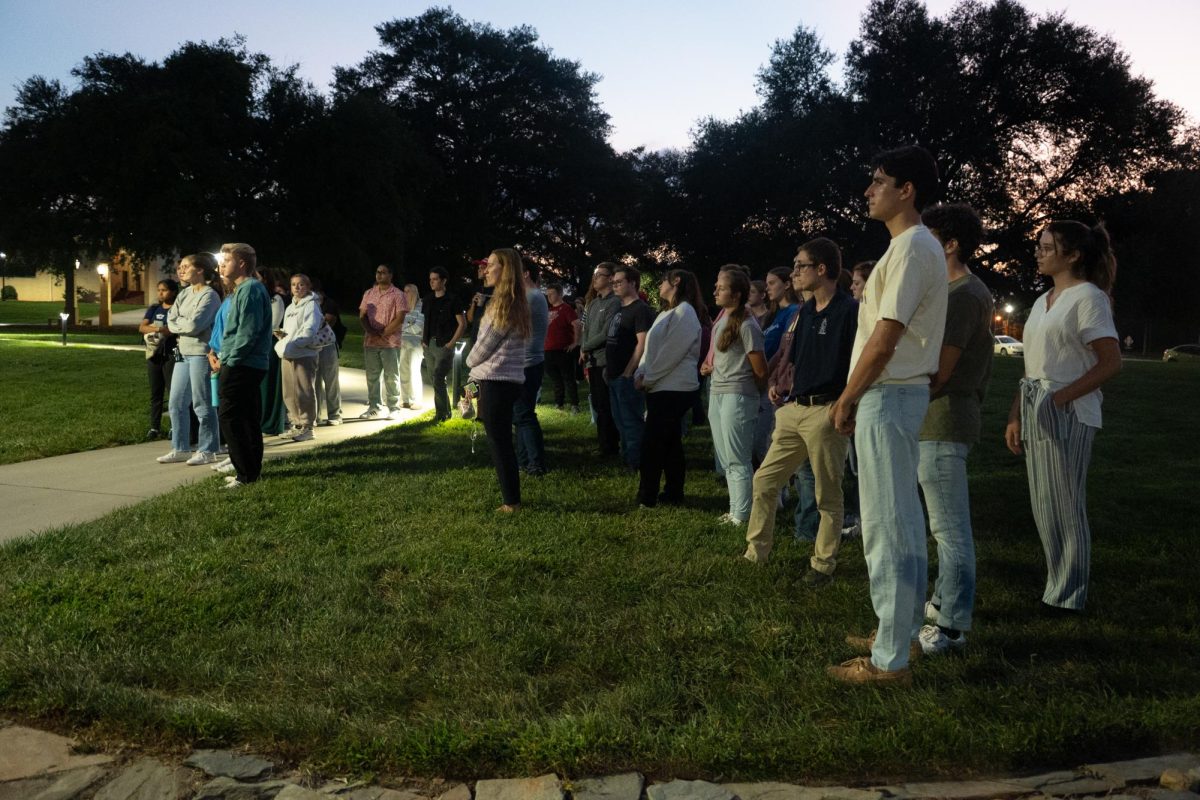When the last exam is completed and Christmas break is finally here, we may find ourselves tempted to rush back to our dorm, cram all our stuff into our car and get home as quickly as possible, plowing through anyone who gets in our way.
Although we all want to get home, arriving there safely should be our primary objective. Capt. Ken Coppins of BJU’s Public Safety suggested some vehicle safety checks before even leaving the parking lot.
First, check car fluids and the air pressure in your tires, including the spare.
Capt. Coppins also suggested picking up a gallon of drinkable water to stash in your car in case you get stranded. In addition, the water can be used to cool down an overheated engine.
He also warned against using electronic devices, especially cell phones, while driving. According to distraction.gov, 3,092 people were killed in 2012 in crashes involving a distracted driver. The website lists texting, eating and fiddling with a navigation system or radio as some of the distractions that draw drivers’ attention away from the road.
Here are some other tips for the road that Capt. Coppins suggested for drivers to keep in mind as they travel home. Although many of these tips seem obvious, they should not be overlooked and could mean the difference between life and death.
Don’t speed. The small amount of time you save isn’t worth sacrificing your safety.
Travel with a friend to increase safety and to keep you awake.
Wear your seatbelt.
After one to two hours of driving, take a 10-minute break to stretch your legs and refresh yourself.
Avoid taking any medications that make you drowsy.
If you’re driving on ice or in the rain, slow down and increase your distance from the car in front of you.
If you feel the car hydroplaning, don’t put on your brakes; the tires need to grip the road but can’t when the brakes are locked.
If you are being pulled over by a police officer but don’t feel safe at the present location, turn on your interior lights, slow down and wave your hand outside the window to inform the officer that you see him and will pull over once you reach a well-lit area.
If you are in doubt whether the person pulling you over is a police officer, you can call 911 and ask the dispatcher to check.

























































